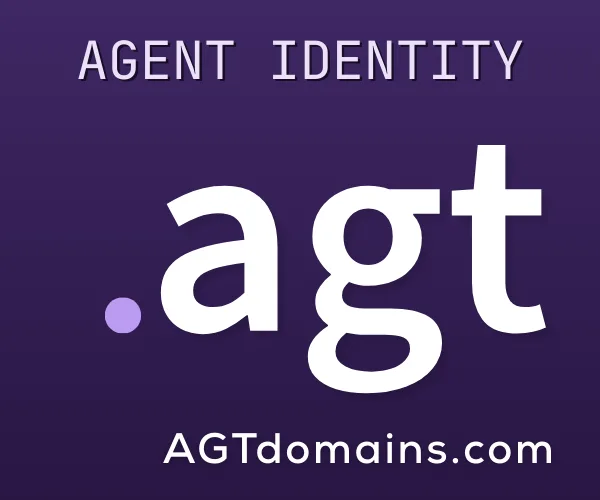Browse More Terms
Drop
"Drop" refers to the process when a domain name registration expires and is not renewed by the original owner, thus becoming available for registration by others. Here's a breakdown of the pro...
Domain Propagation
The time it takes for DNS changes to a domain to be recognized across all internet servers globally.
Cease and Desist
A formal legal letter demanding that someone stop an allegedly illegal activity, such as using a trademarked term in a domain name.
Domain Hack
A domain hack is a creative and clever strategy used in the selection of domain names. A domain hack is not about hacking or any illicit activities; instead, it refers to a domain name that combine...
Domain Investing
Domain investing refers to the practice of purchasing and holding domain names as a financial investment.The goal of domain investing is to buy domain names at a low cost and then sell them for a h...
Domainer
A person who invests in domain names as a business or profession.




